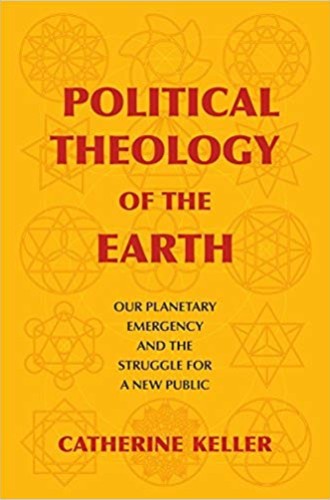Catherine Keller’s political theology for the end of the world
Our era’s poet theologian begins by retranslating Paul: “the remaining time is contracted” (1 Cor. 7:29).
Perhaps only Catherine Keller could publish a work of political, theology, process theology, and eco-theology that is also highly readable. Keller is our era’s poet theologian, modeling a way to push through academic jargon and out the other side with prose that pops. For this reason alone, it’s worth picking up this book—or any of her books.
Like a great novel, Political Theology of the Earth begins with a memorable sentence: “Once upon a time we had . . . time.” Keller then jumps into a meditation on the end of the world, retranslating a famous passage in 1 Corinthians, “The appointed time is short” (7:29), as “the remaining time is contracted.”
Think about the differences highlighted in these two translations. If someone announces the end of the world is nigh, it’s tempting to focus on the end itself and what the end will be like. However, what’s really happening each time we consider the end of the world is our heightened awareness that the remaining time we have is contracted. In some ways the contraction of time is like Zeno’s paradox of the tortoise and Achilles. If you keep covering half the distance you need to travel, and then half again, and half again, you never really reach your final destination even if each half distance is diminishingly small. Or, in the famous reworking of Walter Benjamin by Judith Butler that Keller cites, “the messianic thwarts the teleological unfolding of time (the Messiah will never appear in time).” The Messiah draws closer and closer but is always deferred.






